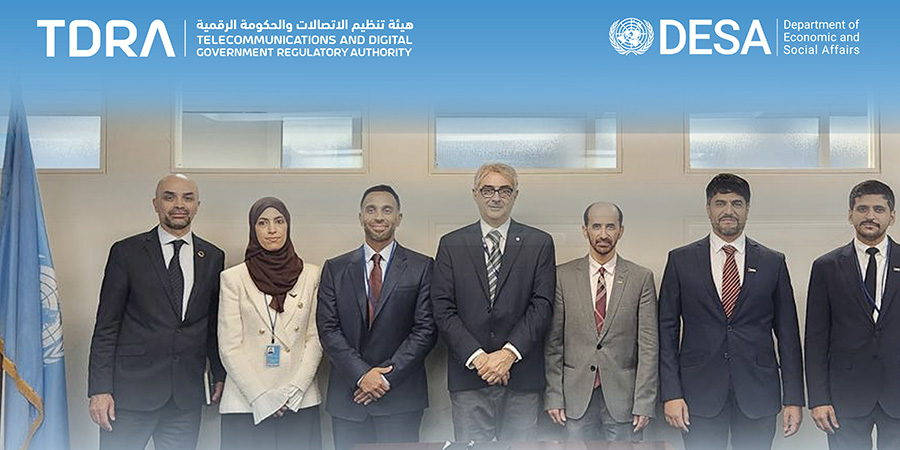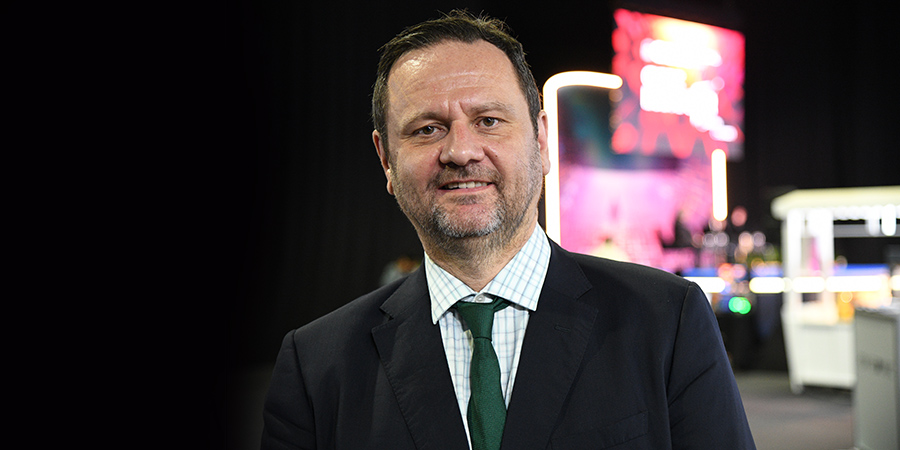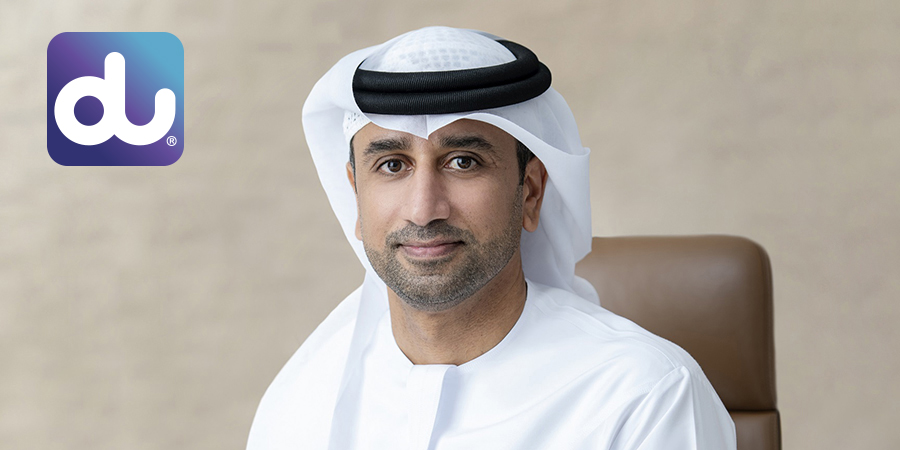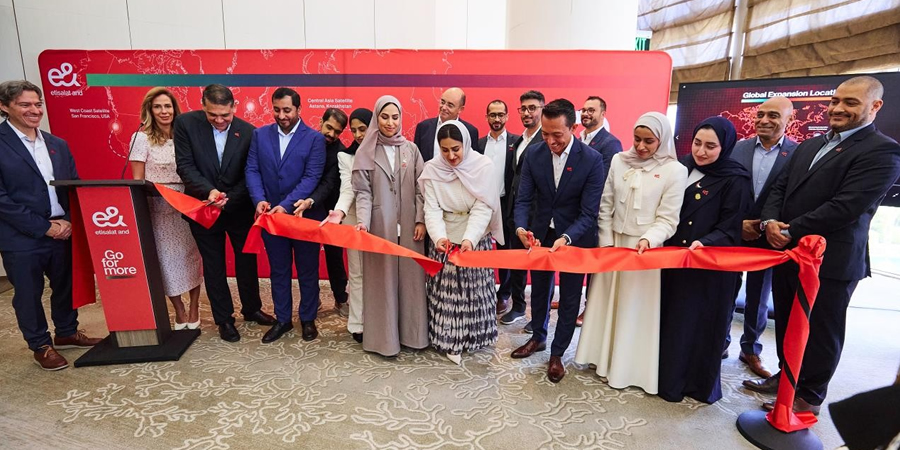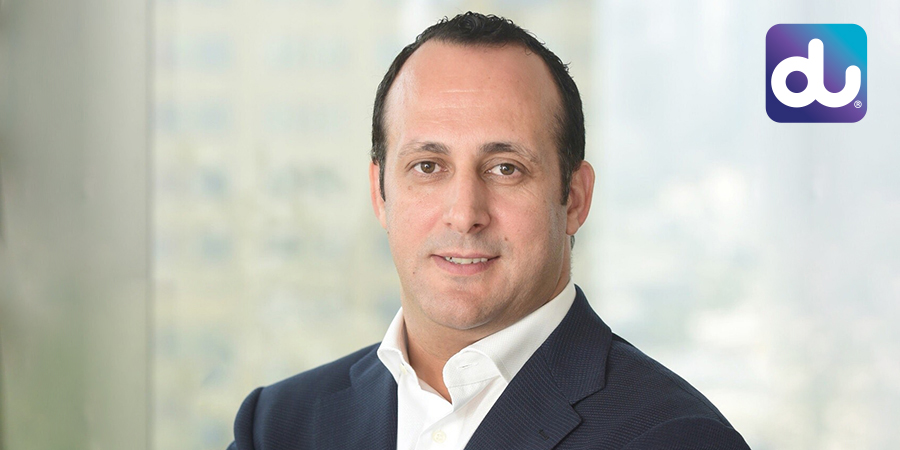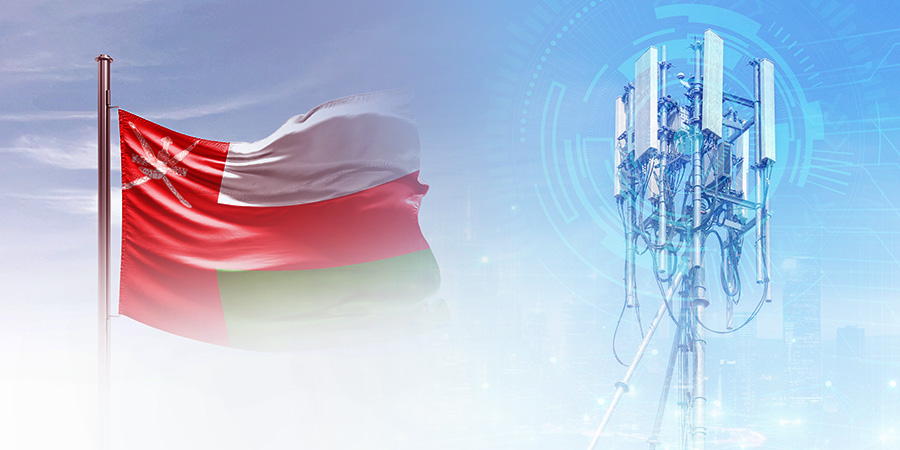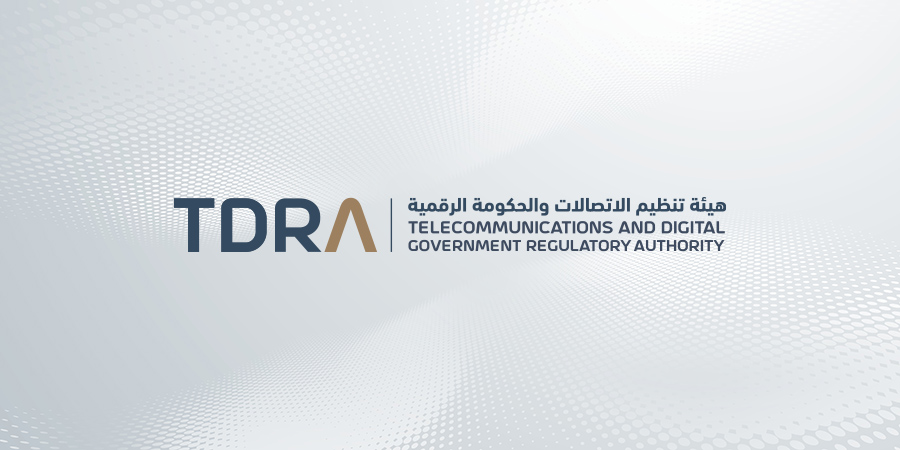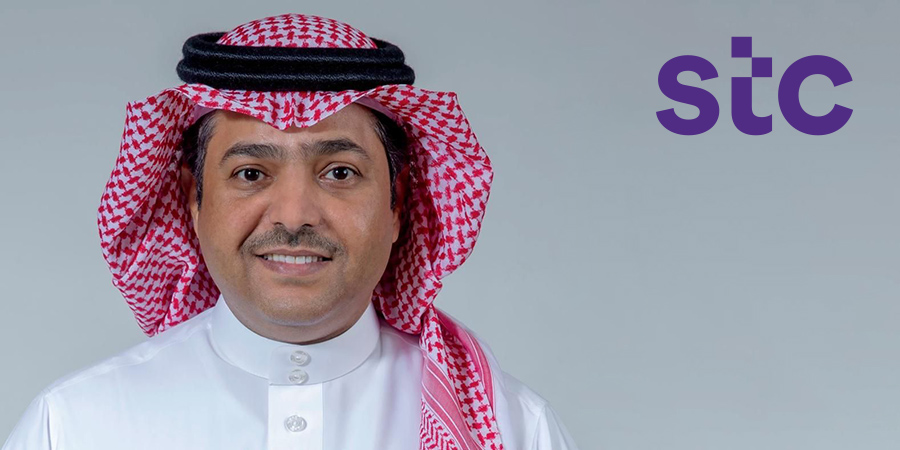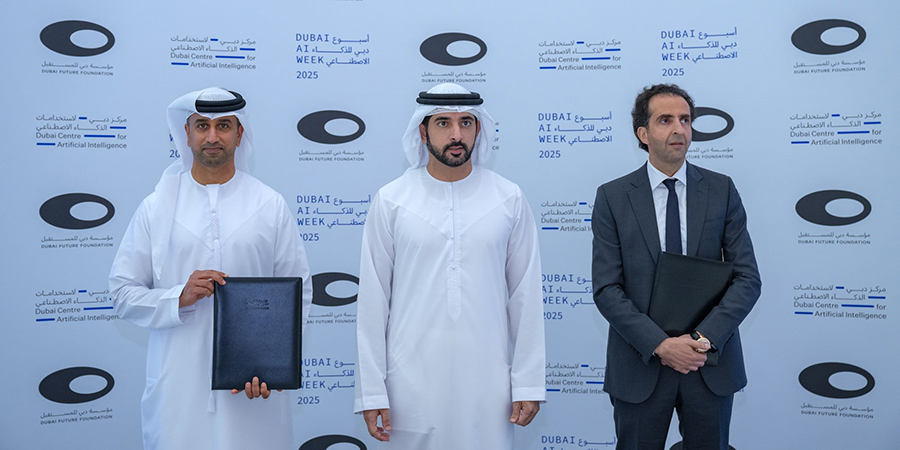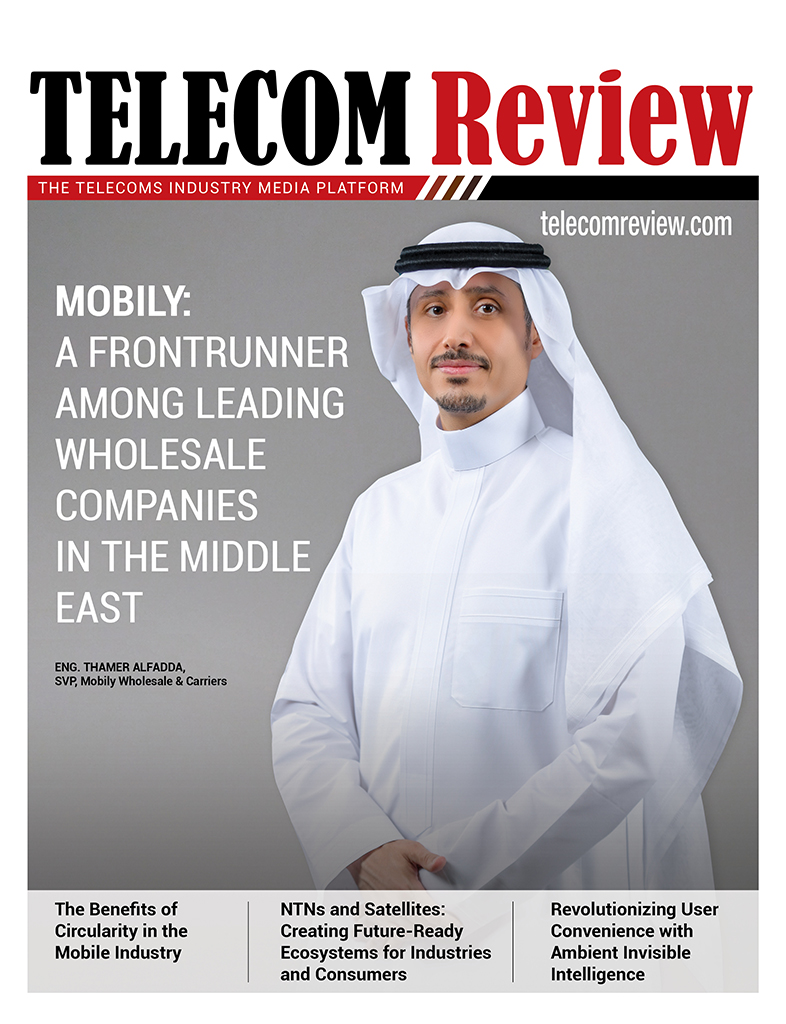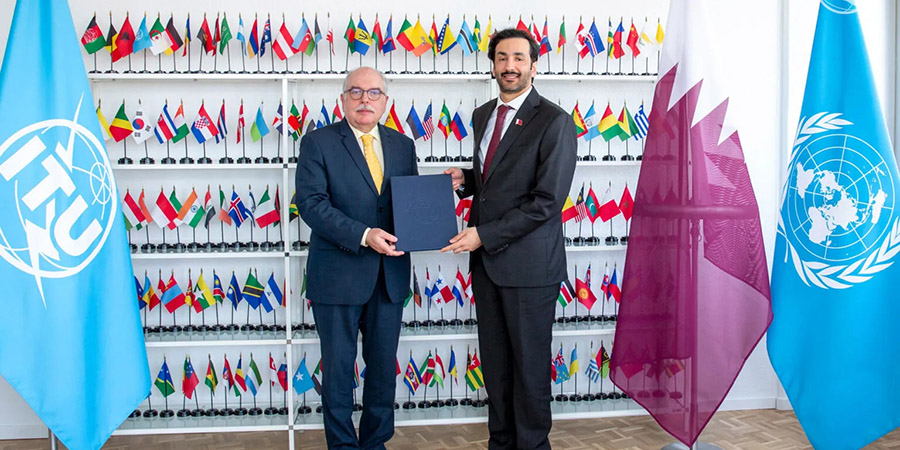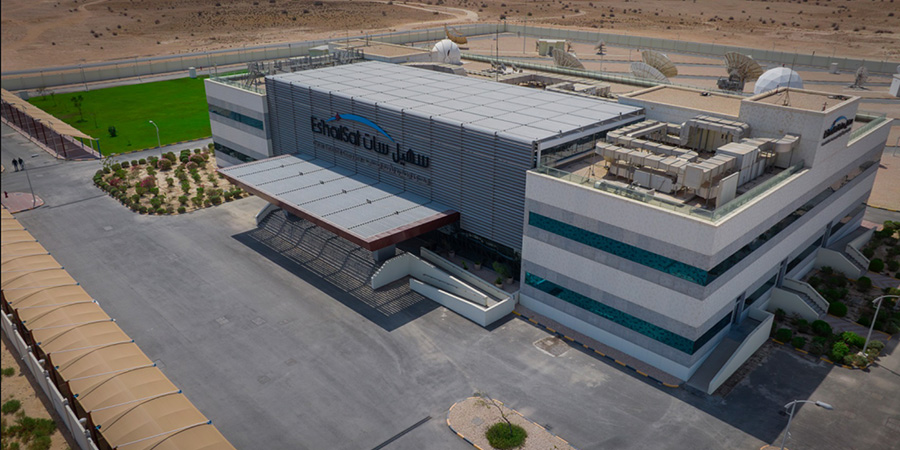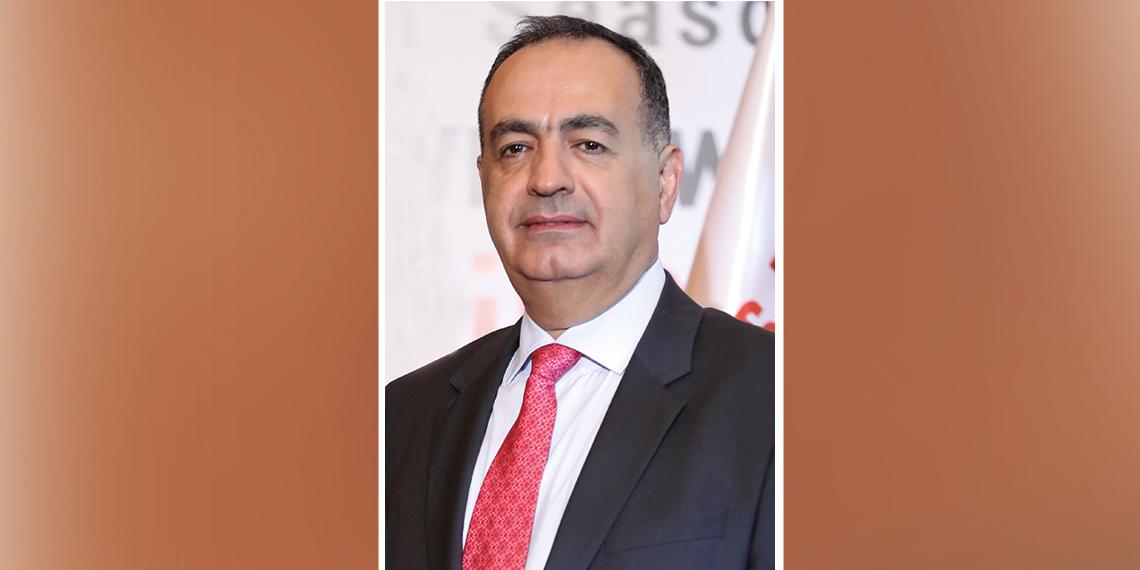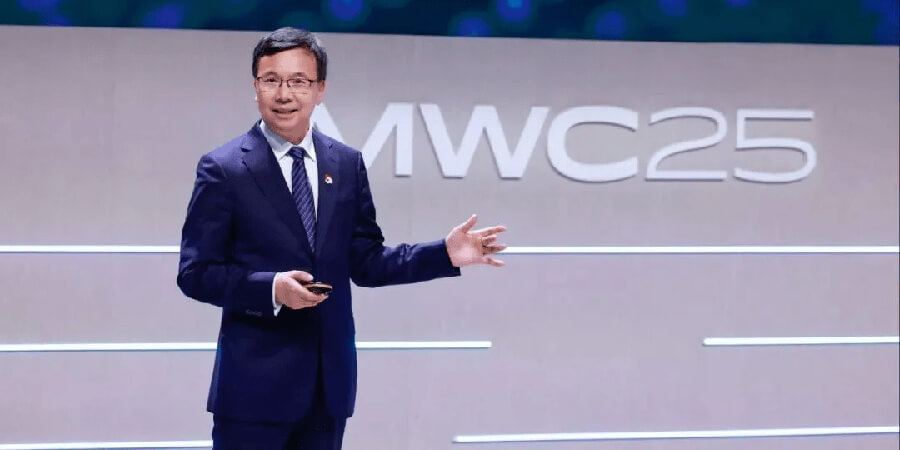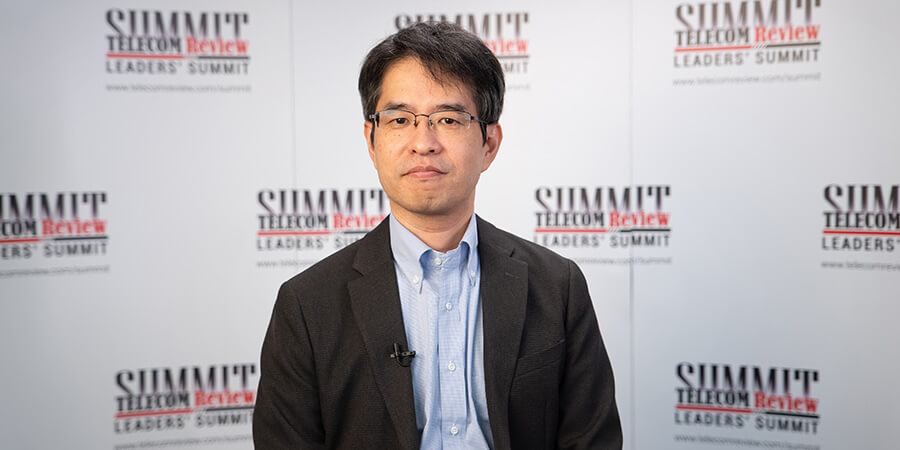There is no doubt that our industry is going through tough times and a total change on many levels.
The transformation and shift to content/data by customers require an important change in the way telecom operators are accustomed to operating. This change, called adaptation, is very important to secure profitability and market share, but this change is not easy - especially when it comes late.
This change, which reflects negatively on some operators and even vendors' businesses, needs a big transformation from a voice-oriented and basic VAS services to data, apps and digital transformation. This change needs strategy and investments.
The opportunities to expand via acquisition are not healthy nowadays unless the deal is big and not to be missed. Many telecom groups are suffering from the expansion they made.
Tunis telecoms group expanded in Cyprus, Malta, Mauritania; and the new license in Oman increased the appetite for GCC players such as (mainly) Etisalat Group and Zain Group.
Vodafone attempted to expand in any new market after it cashed in the big prize of Verizon, but did not succeed, and Etisalat Group lost Nigeria and soon, Sri Lanka.
Ericsson is cutting jobs. Huawei shifting to handsets. And, the only ones profiting from this current wave are the OTTs. Yes, Google, Facebook, or the online giants such as Amazon, Ali Baba, Airbnb, etc.
Why weren't operators and vendors with huge cash flow innovative at the early stage and therefore, not mentioned above?




